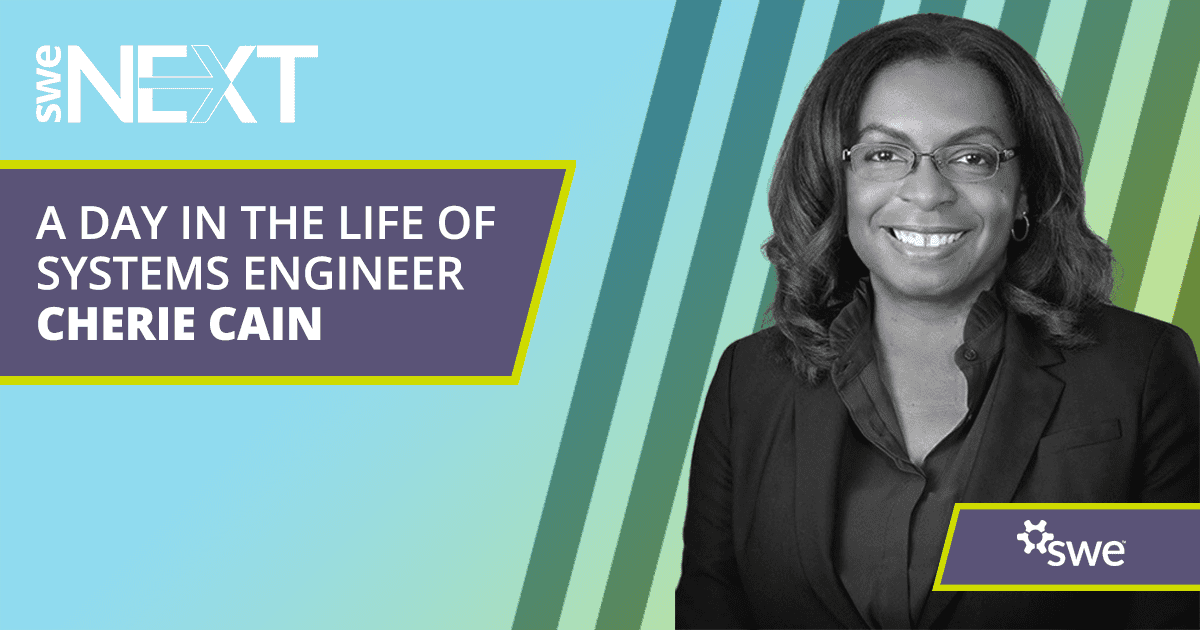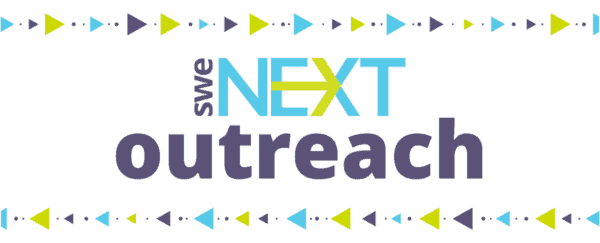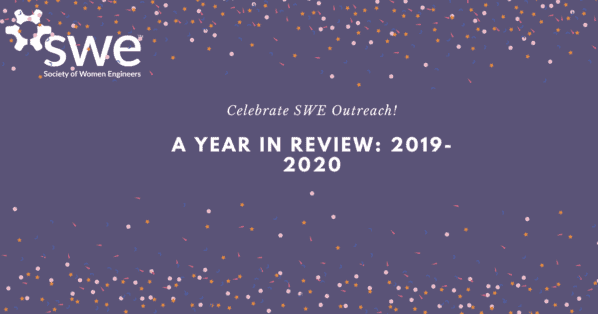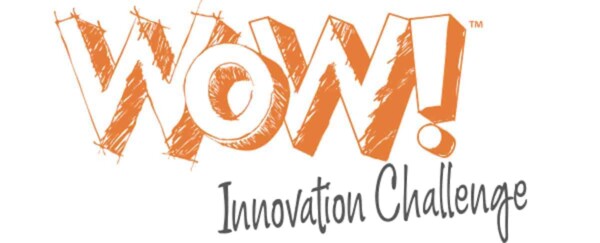As a kid, I always liked math and science, especially astronomy. However, as a thirteen-year-old, I wanted to write novels. That changed in high school, when my enjoyment of math and science outpaced my interest in English class. While considering college majors that matched my interest in math and science, I started exploring engineering, with thoughts of working for NASA one day. My high school physics teacher, Ann Smart, found local engineering programs to help with my exploration. One of the programs was “A Day in the Life of an Engineer,” conducted by the University of New Orleans SWE section. I decided that day that I wanted to be an engineer.
I also discovered one of my neighbors was an engineer working on the external fuel tanks for the space shuttle. When I told him that I was considering Aerospace Engineering, he suggested I select Mechanical Engineering, which at the time would provide more career options but still allow me to pursue a career in the aerospace industry. I followed his advice and majored in Mechanical Engineering.
I earned my Bachelor of Science and Master of Science in Mechanical Engineering from Tulane University. While at Tulane, I interned in the petrochemical industry. I started my professional career working on chemical analysis equipment as a Manufacturing Engineer. In this role, I developed process and product improvements to improve the quality and manufacturability of different chemical analysis and sampling equipment. I also worked in the defense industry as a Mechanical Engineering Designer, working on mechanical modifications for military shelters. I then transitioned into Systems Engineering work as a Systems Integration Engineer in the aerospace industry. I liked seeing the bigger picture of how the systems I was helping to develop came together and integrated into the larger aircraft system. My work is so enjoyable that I recently earned an additional Master of Engineering degree in Systems Engineering from Worcester Polytechnic Institute through the Raytheon Technologies Employee Scholar Program. Through this program, Raytheon paid for all of the expenses of my graduate degree while I worked full-time.
I am currently a Senior Principal Systems Engineer for Collins Aerospace, a unit of Raytheon Technologies. I lead cross-functional teams to design, improve, and support air management systems on commercial aircraft. Air management systems provide conditioned air to the cockpit and cabins on the aircraft. These systems also include fuel inerting, which makes sure the fuel needed to power the aircraft will not combust. This works by reducing the oxygen content of the ullage, or air volume above the fuel, in the aircraft fuel tank. As fuel is consumed during flight, there is less fuel in the tank and the remaining oxygen in the ullage is replaced by non-flammable inert gas. I get to work with our airframer customers, or the people that make the aircrafts, that specify how the system needs to perform and integrate into the aircraft.
Within the cross-functional teams that I lead, I am working with engineers from across many disciplines. We collaborate to design the system architecture, defining the hardware and software that fulfill both the customer’s needs and the system requirements. As we are designing the system, we evaluate if we are meeting all the system requirements by a variety of analyses and tests. After the aircraft has entered into service, we continue to evaluate and implement system improvements, as well as provide support to airframers and airlines. I enjoy working on challenging, complex problems with a team of engineers across different disciplines. Often, you are learning or discovering something new.
To girls interested in engineering, I would advise to be flexible. Stay open to exploring new ideas and opportunities, whether it is selecting a college major, joining projects, or applying for internships. Be comfortable with asking questions. When working in a multi-discipline team, no one person will have all of the background knowledge. Work on your communication and teamwork skills whenever you have a school or work assignment with a partner or team. Engineers rarely accomplish all of their work individually. Consider Systems Engineering if you like understanding how complex systems work and are developed.
Authors
-

SWE Blog provides up-to-date information and news about the Society and how our members are making a difference every day. You’ll find stories about SWE members, engineering, technology, and other STEM-related topics.
-
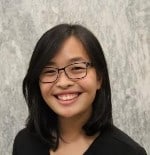
Kristine Loh (she/her) is a PhD Candidate in Chemical Engineering at the University of Minnesota. As an NSF Graduate Research Fellow in the Ferry and Kortshagen Groups, she studies the optical properties of nontoxic nanomaterials for their applications in renewable energy technologies, such as solar windows and greenhouse roofs. Outside of research, she enjoys K-12 STEM outreach, experimenting with her air fryer, and trying new restaurants in the Twin Cities.

